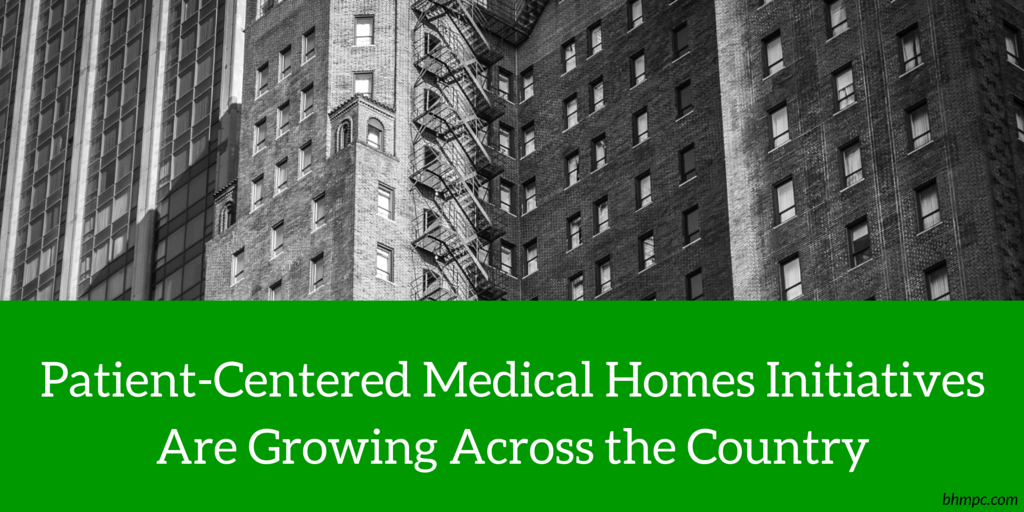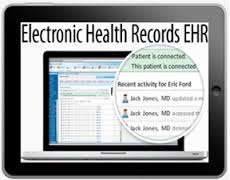Webinar: The Hidden Impact of Opioid Addiction
According to the Centers for Disease Control, an estimated $25 billion of U.S. healthcare costs was attributed to the abuse of painkillers—otherwise known as opioids. Up to 36 million people worldwide struggle with opioid addiction. It is a real concern for health plans and the pharmacies and providers under their umbrella. How can your health plan read the warning signs within provider networks to prevent this addiction from the start and minimize the risk and cost impact to your organization?






